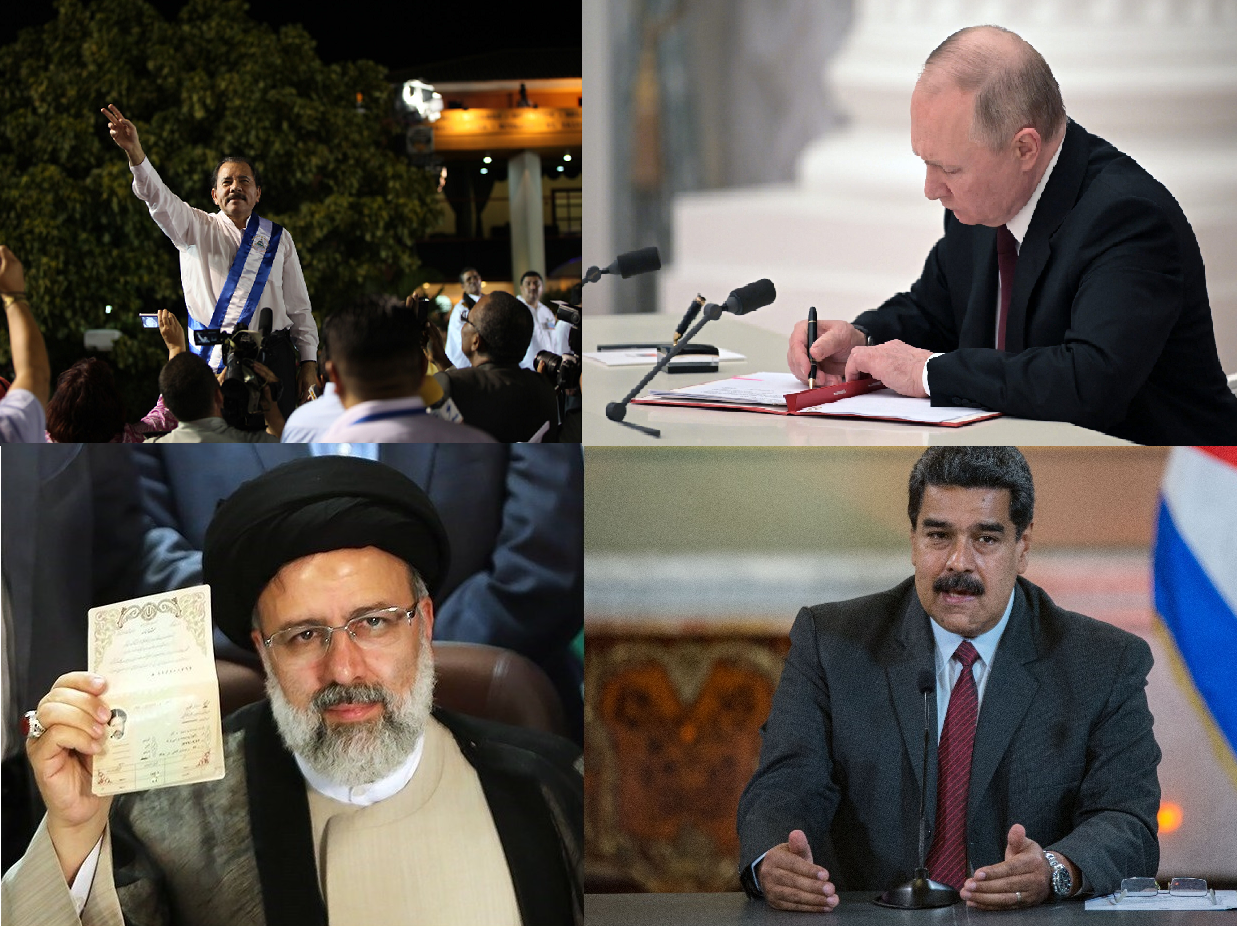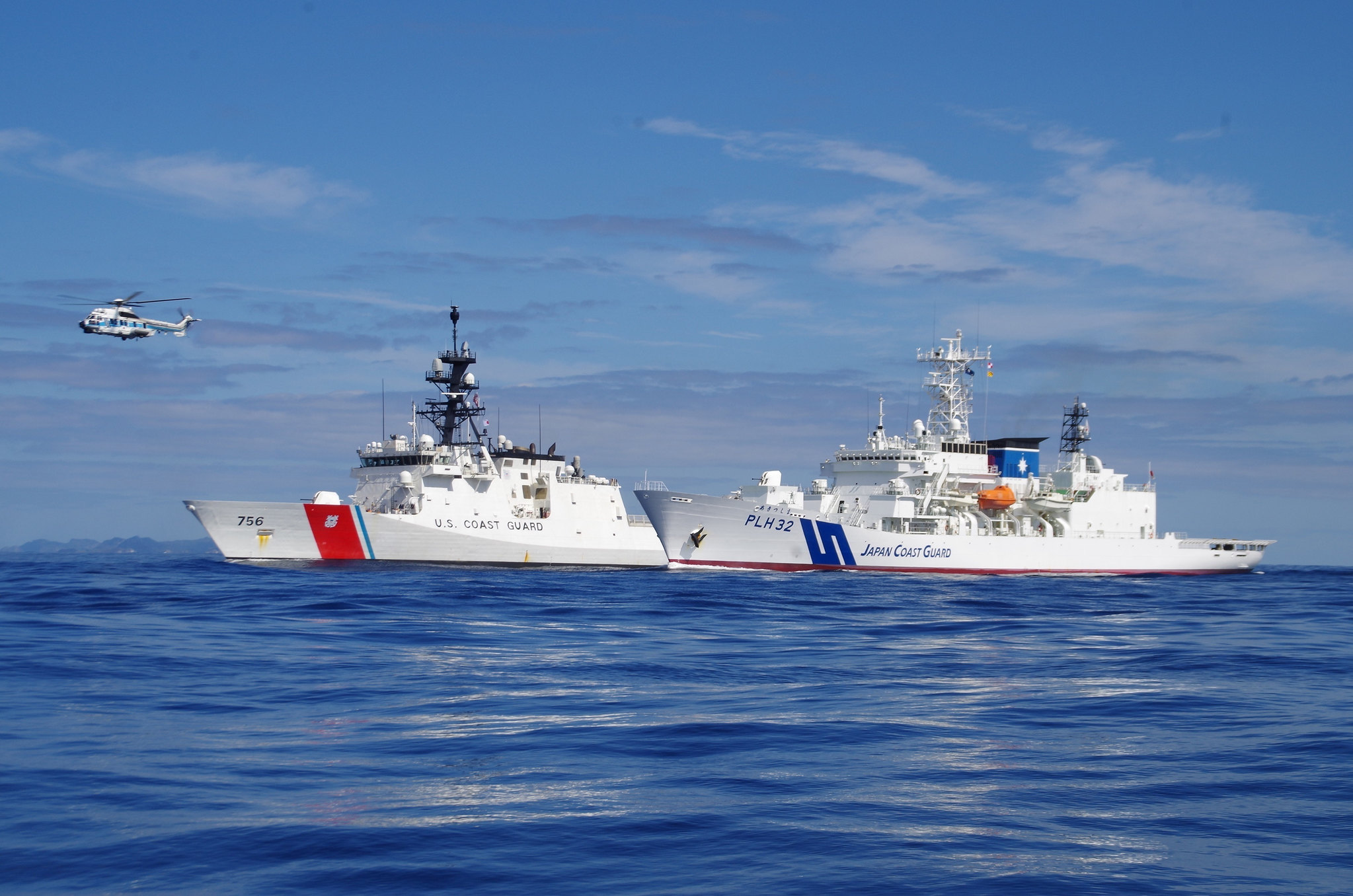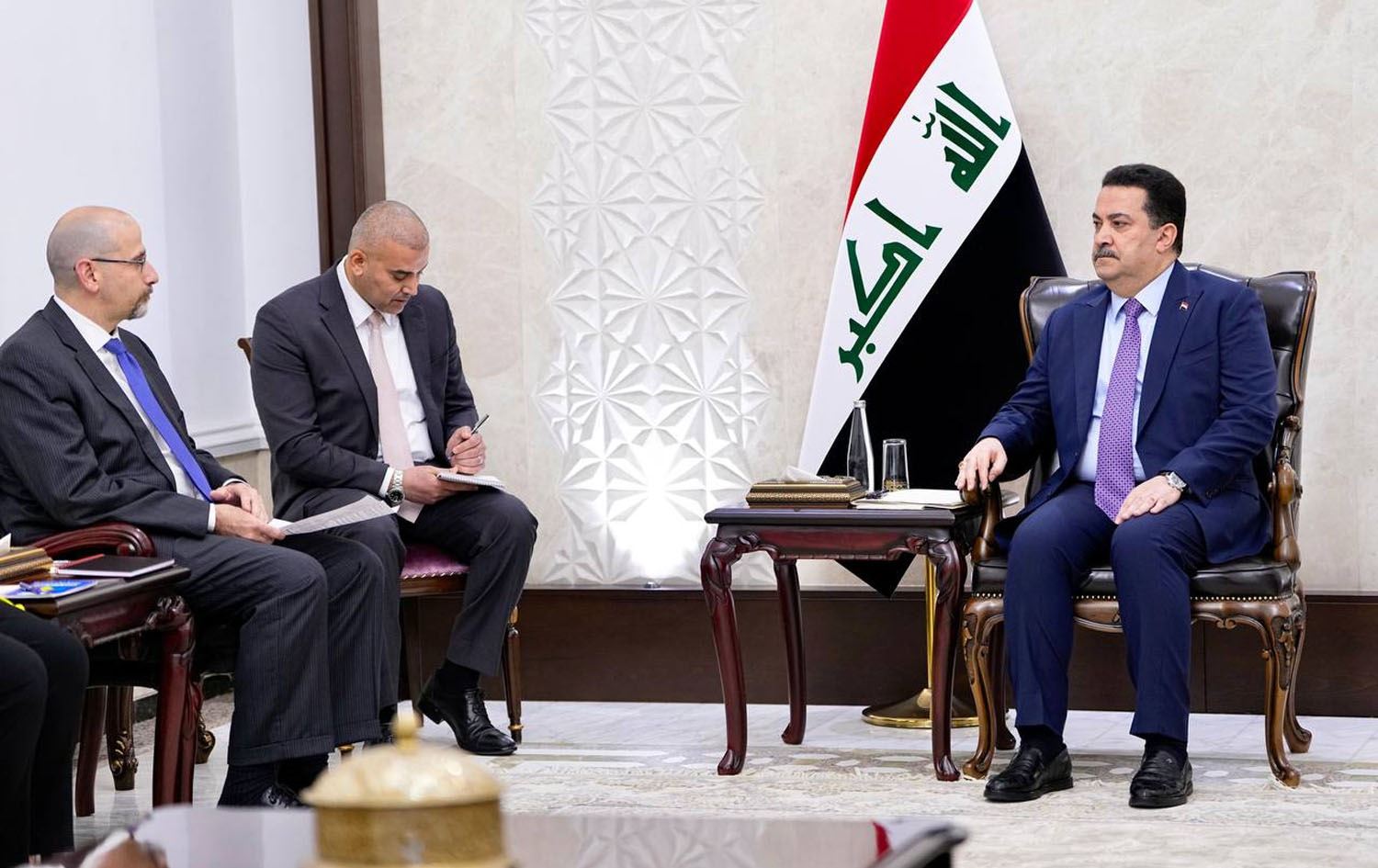Washington, August 6th, 2019. President Trump has signed an executive order placing the once sanction-gripped South American country of Venezuela under a full economic embargo like the one placed on Cuba during the Kennedy administration.
The embargo freezes all government assets in the United States and barred transactions with Venezuelan authorities of any kind.
The hostile upgrade was concluded “in light of the continued usurpation of power by Nicolas Maduro and persons affiliated with him, as well as human rights abuses”, cites the freshly-signed order.
Previous embargos have been placed on countries like Iran, Syria, and North Korea, but this is the first time such measures have been leveled on a state in the western hemisphere in over 30 years.
Pictured: Venezuelan President Nicolas Maduro.
A Loss of Momentum
The “continued usurpation of power” which the executive order is referring to is the supposed illegitimacy of Maduro’s reelection during the most recent presidential race. Maduro won with a huge margin, but the United States and many other western nations consider him an unrightful heir to the Chavez throne.
Juan Guaido a low-level government official, who declared himself interim president shortly thereafter and has been the lynchpin in several U.S.-backed attempts to oust Maduro or force him to abdicate, was not on the ballot during the election.
Read Also — According to UN, U.S. Sanctions Responsible For Thousands Of Venezuelan Dead
A popular uprising led by Guaido in Caracas on April 30th failed to gain any momentum after the military and much of the population stood in solidarity with their president, and led to Guaido’s flight from the country and the arrest of several of his colleagues.
Since then the United States has ratcheted up the economic pressure on Maduro’s government, sanctioning leading individuals in various sectors, and making it impossible for the Venezuelan state-owned oil company PDVSA to conduct any business that might bring foreign capital into the country.
“A baseline projection of Venezuela’s real GDP shows an astounding and unprecedented decline of 37.4% in 2019, as compared to 16.7% in 2018. Imports of goods are projected to fall by 39.4%, from $10 billion to $6.1 billion”, writes UN economist Jeffery Sachs.
Meanwhile, Norwegian officials continue to mediate talks between Maduro’s regime and the opposition in Barbados.
International Opinion
While more than 50 nations consider Guaido the legitimate president of Venezuela, a team of over 100 international election observers claim the 2018 Presidential race was free and fair, despite the lowest voter turnout in Venezuela’s democratic era.
Last month in Geneva, the Movement of Non-aligned Countries (NAM), for which Venezuela is a leading member, passed a resolution through the UN Human Rights Council with two-thirds majority denouncing what the resolution described as “unilateral coercive measures” against the economic, cultural, and political freedoms of states to determine their own destiny.
They also point out that sanctions (unilateral coercive measures) violate several international agreements to which the United States is a party to, such as the Hague and Vienna Conferences on human rights.
Last week in Caracas, the XXV Sao Paulo Forum rejected US military threats and sanctions against Venezuela the day following celebrations commemorating the 65th birthday of former Venezuelan President Hugo Chavez.
While the majority of delegates came from the Americas, there was also a presence from Europe, Asia and Africa, including South Africa’s African National Congress leader and grandson of Nelson Mandela, Zwelivelile ‘Mandla’ Mandela.
The Trump administration has not made clear the degree to which this embargo will be enforced. Recently, Diario de Cuba published an economic analysis of the continual bilateral trade between the two socialist Latin-American countries.
World at Large reported on the lack of U.S. monitoring of trade between the embargoed countries, who continued to use sanctioned tankers and shipping vessels to transport goods, avoiding detection simply by turning their transponders off.
U.S. National Security Advisor John Bolton reiterated that all options are currently on the table for the Venezuela question, including military action.



